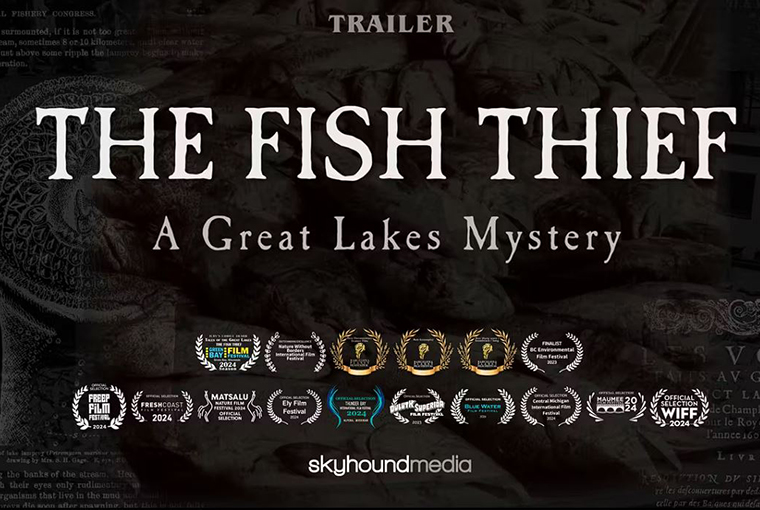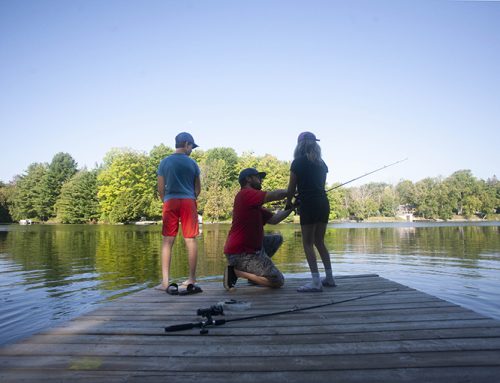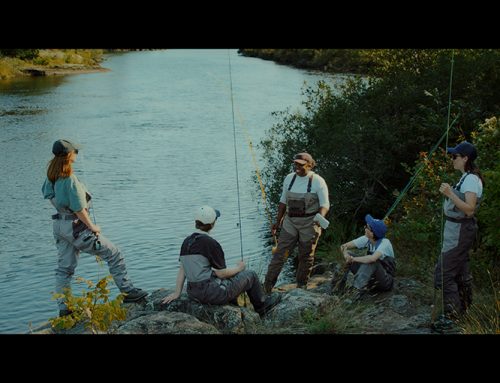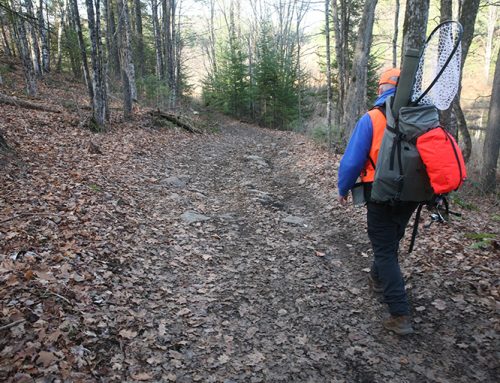
A new documentary examines how the once seemingly infinite Great Lakes fisheries were nearly decimated by unrestricted commercial fishing, industrialization, pollution, and the devastating impact of invasive sea lampreys.
The 91-minute award-winning The Fish Thief: A Great Lakes Legacy, written and directed by T. Lindsey Haskin, took eight years to complete. It was produced by the Great Lakes Fisheries Commission (GLFC) and narrated by Oscar-winning actor JK Simmons. The story shows how Indigenous people, commercial fishermen, recreational anglers, fisheries managers, and Canadian and American politicians responded to the crisis.
Haskin, who was commissioned by the GLFC to tell the story of the decades-long effort, is still surprised how many people don’t realize that, while the sea lamprey problem has been greatly reduced, it isn’t solved, and invasive aquatic organisms and plants continue to pose new challenges.
“Sea lampreys put invasive species on the radar,” he said. “But people still don’t understand how vulnerable the Great Lakes are.”
Angler diversity showcased
In making the documentary, he was surprised by the importance and popularity of fishing in Canada and the US and noted that anglers come from all walks of life, and political, ethnic, and social backgrounds.
“Fishing causes people to overlook their boundaries…Fishing bridges these disparate groups, which I think is a great model for both countries,” he said.
The film is an reminder that the world-class, $6 billion Great Lakes fishery we enjoy today is the result of an unwavering commitment from both nations. The GLFC was established by the United States and Canada through the 1954 Convention on Great Lakes Fisheries as a result of the lamprey crisis. It continues to support fisheries research, controls the invasive sea lamprey in the Great Lakes, and facilitate the implementation of A Joint Strategic Plan for Management of Great Lakes Fisheries.
Haskin says the story shows that science and government can work together for the people, which he says is an important lesson in an era in which both institutions are viewed with increasing suspicion by some segments of the general public. He hopes viewers walk away thankful for the tenacity and resourcefulness of the fisheries biologists, managers, and politicians who saved the Great Lakes.
To view it, visit: www.thefishthief.com/
The film is also available for fundraisers.






Leave A Comment